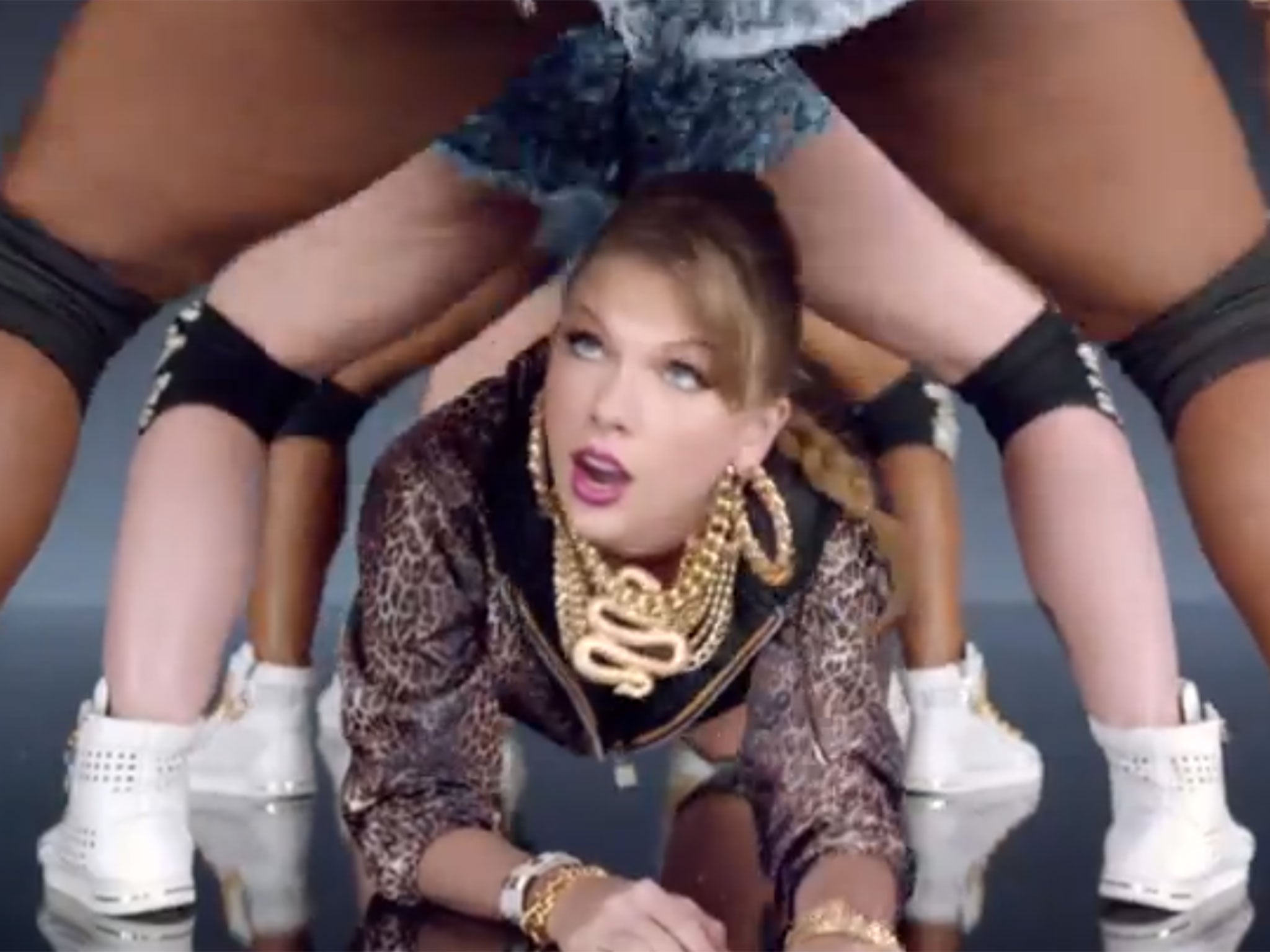Taylor Swift asks court to dismiss ‘Shake It Off’ plagiarism lawsuit
A judge had earlier dismissed the 2017 lawsuit, noting the lyrics were too ‘banal’ to be copyrighted
Your support helps us to tell the story
From reproductive rights to climate change to Big Tech, The Independent is on the ground when the story is developing. Whether it's investigating the financials of Elon Musk's pro-Trump PAC or producing our latest documentary, 'The A Word', which shines a light on the American women fighting for reproductive rights, we know how important it is to parse out the facts from the messaging.
At such a critical moment in US history, we need reporters on the ground. Your donation allows us to keep sending journalists to speak to both sides of the story.
The Independent is trusted by Americans across the entire political spectrum. And unlike many other quality news outlets, we choose not to lock Americans out of our reporting and analysis with paywalls. We believe quality journalism should be available to everyone, paid for by those who can afford it.
Your support makes all the difference.Taylor Swift has filed a fresh defence motion to dismiss the lawsuit alleging the singer plagiarised a lyric in her hit 2014 song, “Shake It Off”.
In 2017, songwriters Sean Hall and Nathan Butler alleged that the 32-year-old singer had copied lines from their 2001 song “Playas Gon’ Play”, written for now-defunct girl band 3LW.
They claimed copyright infringement over two lines from Swift’s hit single – “Cause the players gonna play, play, play, play, play” and “haters gonna hate, hate, hate, hate, hate”.
Meanwhile, the lyrics of “Playas Gon’ Play” read: “Playas, they gonna play // and haters, they gonna hate.”
In February 2018, a judge had dismissed Hall and Butler’s lawsuit, saying the lyrics were too “banal” to be protected by copyright law. However, this ruling was later overturned by an appeals court in 2019.
In September last year, Los Angeles Judge Michael Fitzgerald said that the song lyrics were “similar enough” for the case to proceed. On 9 December 2021, Judge Fitzgerald refused Swift’s request for a summary judgement, or an immediate ruling that she had not copied Hall and Butler’s lyrics.
In fresh documents filed on 23 December, Swift’s legal counsel argued that Judge Fitzgerald did not consider the “extrinsic test” when he ruled that the songwriters had presented a “genuine dispute” over the lyrics and the sequence in which they appeared in both songs.

In US copyright law, substantial similarity between two different works is determined by the “extrinsic/intrinsic” test. The “extrinsic test” mandates that unprotectable aspects of the plaintiff’s work be filtered out, before assessing similarity.
Swift’s lawyers argued that the phrases “players gonna play” and “haters gonna hate” exist in the public domain and are therefore unprotectable under law.
Enjoy unlimited access to 100 million ad-free songs and podcasts with Amazon Music
Sign up now for a 4 month free trial (3 months for non-Prime members)
Enjoy unlimited access to 100 million ad-free songs and podcasts with Amazon Music
Sign up now for a 4 month free trial (3 months for non-Prime members)
Further, the singer’s legal counsel said that the presence of these two “short public domain statements” and “two other tautologies” in both songs does not “satisfy the extrinsic test”.
The court documents, obtained by Rolling Stone, read: “Otherwise, plaintiffs could sue everyone who writes, sings, or publicly says ‘players gonna play’ and ‘haters gonna hate’ alone with other tautologies. To permit that is unprecedented and cheats the public domain.”
On Monday (27 December), a lawyer representing Hall and Butler told Rolling Stone that Swift’s motion is “just a music mogul and her machine” trying to deny his clients justice by “outspending a fellow lower-income artist”, adding there was no basis for reconsideration.
“Totally uncool among artists,” attorney Gerard Fox continued.
In 2019, a representative for Swift said: “These men are not the originators, or creators, of the common phrases ‘players’ or ‘haters’ or combinations of them. They did not invent these common phrases nor are they the first to use them in a song.”
“[Hall and Butler’s] claim is not a crusade for all creatives, it is a crusade for Mr Hall’s bank account,” they said.
